Get Your Heart Pumping
In today's fast-paced world, where sedentary lifestyles have become the norm, the significance of exercise for maintaining a healthy heart cannot be overstated. Cardiovascular health plays a pivotal role in overall wellbeing, and engaging in regular physical activity is a powerful tool to safeguard and enhance the health of this vital organ. This blog explores the benefits of exercise on cardiovascular health and the importance of incorporating physical activity into our daily routines.
The cardiovascular system, consisting of the heart and blood vessels, is responsible for pumping oxygen-rich blood throughout the body. It plays a crucial role in maintaining essential bodily functions, such as supplying oxygen and nutrients to cells, removing waste products, and regulating blood pressure. However, the modern lifestyle, characterised by prolonged periods of sitting, unhealthy eating habits, and stress, can take a toll on the cardiovascular system, increasing the risk of heart diseases.
Benefits of Exercise on Cardiovascular Health:
Strengthening the Heart Muscle: Regular physical activity, such as aerobic exercises (running, cycling, swimming), helps strengthen the heart muscle, enabling it to pump blood more efficiently. As the heart becomes stronger, it can circulate blood with less effort, reducing the risk of heart-related complications.
Improving Blood Circulation: Engaging in physical activity stimulates the growth of new blood vessels and improves the flexibility of existing ones. This results in enhanced blood circulation, allowing oxygen and nutrients to reach tissues and organs more effectively.
Managing Blood Pressure: Exercise helps maintain healthy blood pressure levels by promoting the dilation of blood vessels and reducing arterial stiffness. This, in turn, lowers the strain on the heart and decreases the risk of hypertension.
Improving Cholesterol: Physical activity can positively impact cholesterol levels by increasing "good" HDL cholesterol and reducing "bad" LDL cholesterol and triglycerides. This balance is crucial for preventing the build-up of plaque in arteries, which can lead to atherosclerosis and heart disease.
Controlling Weight and Body Composition: Regular exercise helps manage weight by burning calories and promoting lean muscle mass. Maintaining a healthy weight is essential for reducing the risk of cardiovascular diseases, as excess weight puts added stress on the heart and blood vessels.
Reducing Inflammation and Oxidative Stress: Chronic inflammation and oxidative stress are implicated in the development of heart diseases. Exercise has been shown to reduce inflammation markers and oxidative stress, contributing to a healthier cardiovascular system.
It is clear that incorporating exercise into your daily routine is a powerful strategy for promoting cardiovascular health. The benefits of exercise extend beyond just physical wellbeing; they positively influence mental health, boost energy levels, and enhance overall quality of life. Whether it's a brisk walk, a jog, a dance class, or a session at the gym, finding a form of exercise that you enjoy can make a significant difference in your cardiovascular health journey. Remember, a strong heart is the cornerstone of a vibrant and fulfilling life, so why not get your heart pumping for a healthier you?


